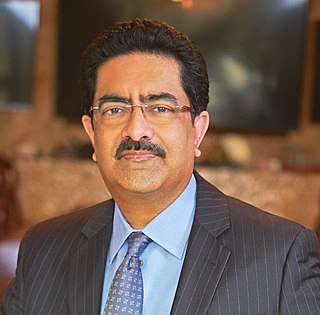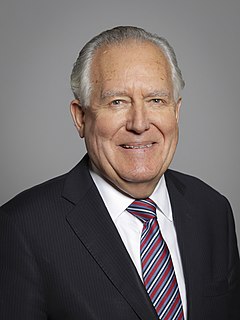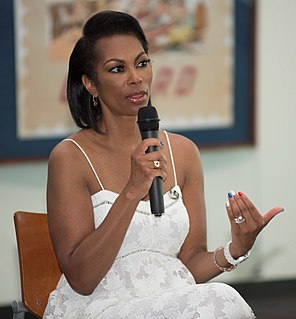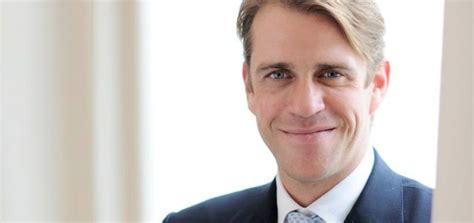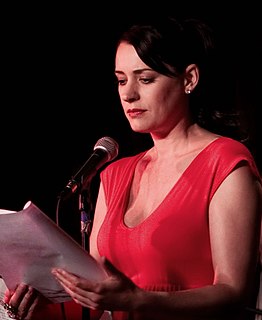A Quote by Kumar Mangalam Birla
The shape and composition of the government is important. We haven't reached a point where politics and economics have been totally divorced from each other.
Related Quotes
In all disputes, a point is arrived at where no party, no matter how right or wrong it might have been at the start of that dispute, will any longer be totally in the right or totally in the wrong. Such a point I believe, has been reached in this debate... Let us not equivocate. A tragedy of unprecedented proportions is unfolding in Africa.
At the heart of my politics has always been the value of community, the belief that we are not merely individuals struggling in isolation from each other, but members of a community who depend on each other, who benefit from each other's help, who owe obligations to each other. From that everything stems: solidarity, social justice, equality, freedom.
I also believe - and hope - that politics and economics will cease to be as important in the future as they have been in the past; the time will come when most of our present controversies on these matters will seem as trivial, or as meaningless, as the theological debates in which the keenest minds of the Middle Ages dissipated their energies. Politics and economics are concerned with power and wealth, neither of which should be the primary, still less the exclusive, concern of full-grown men.
I think corporations should give more attention to this suffering and should wait to invest until there is a responsible government in Burma. I do not think it is a good idea to separate economics from politics; in fact, I do not think economics can be separated from politics It's quite understandable that many business concerns think only about their own profits It's up to the public to put as much pressure as it can on these companies, through shareholder resolutions and public actions.
